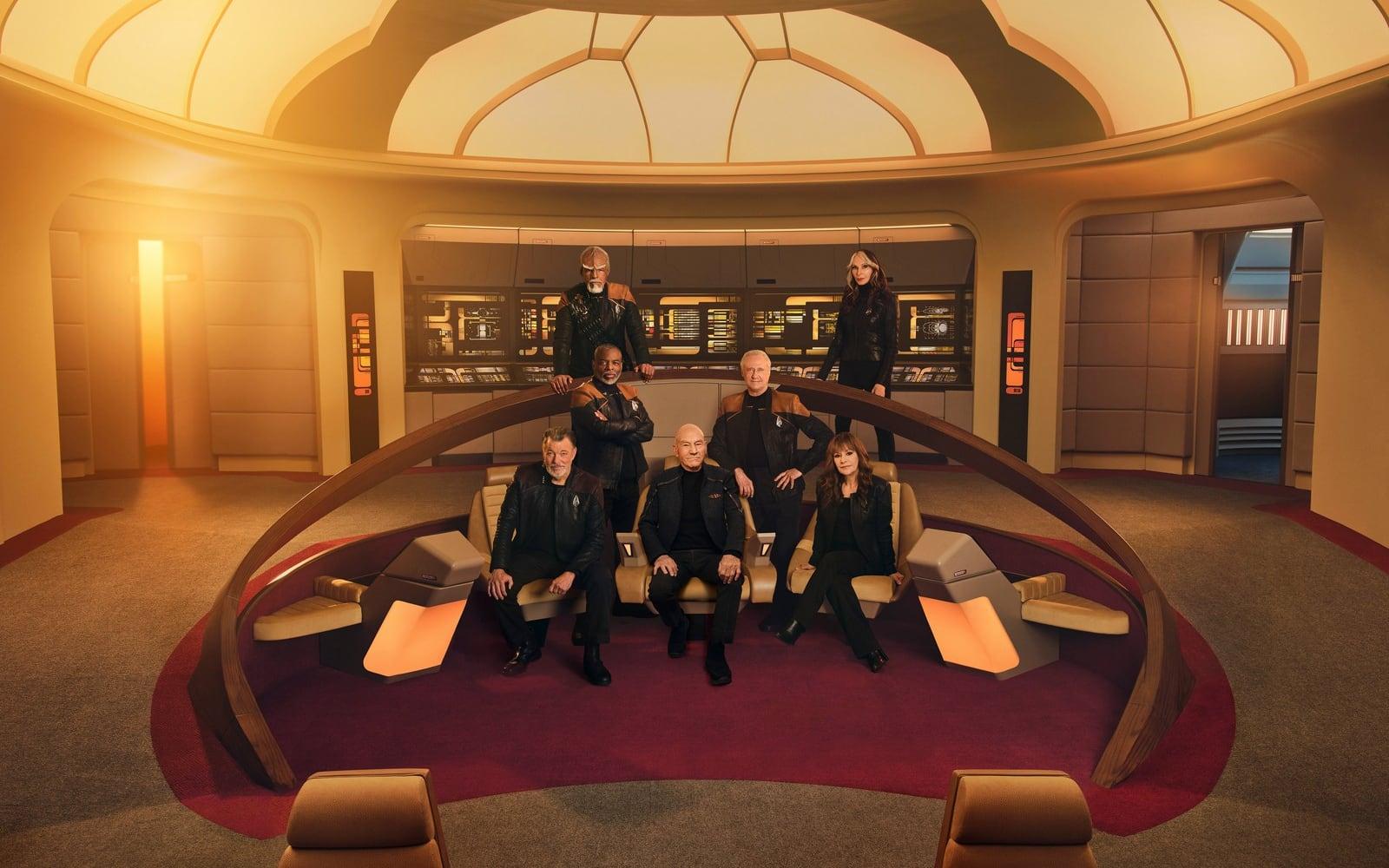Do we still need more Picard after Picard’s third season?

The third season of Star Trek: Picard was a real treat for long-time Next Generation fans like myself. As the venerable Jean-Luc Picard reunited with Riker, Crusher, Data, and the rest of his former shipmates, and even brought the Enterprise-D out of retirement for one last hurrah, the season hit all of the right nostalgic notes.
Given the amount of acclaim that Picard’s third season has received from critics and fans alike, it’s no surprise that there’s been a clamor for more. And now, Sir Patrick Stewart himself has revealed that a Picard movie script is currently in the works.
As a devoted TNG fan — it’s my favorite Star Trek title by far — this news ought to get me excited, but I’m actually in agreement with @megsmamma:
Probably going to lose friends here, but no. I don’t want to see more Picard or TNG. I’m at the point where I’m happy to let my imagination conclude their happily ever after. TNG was my intro to Trek, and it’ll always be special, but I’m at saturation point with their story now.
Season three’s finale was a perfect send-off for the Enterprise-D crew. They had embraced each other and set aside old hurts and differences, processed their grief and regrets, saved the next next generation of Starfleet and set them up for success, toasted their victories, and then — appropriately enough — sat down for a few rounds of poker.

Which was, itself, a delightful throwback to the final scene in TNG’s series finale.
But with all due respect to Stewart, Jonathan Frakes, and everyone else — who obviously had a blast making season three and no doubt want to keep the good times rolling — why would you want to risk marring such a beautiful, celebratory, poignant ending by just dragging things out even longer?
Because this is just the way my brain works, my first thought after agreeing with @megsmamma was to remember something Alan Moore wrote back in 1987 for Twilight of the Superheroes, his epic crossover project for DC Comics that never came to fruition. In his introduction to the project, Moore outlines some of the problems inherent to the superhero genre, namely that superheroes never have definitive endings, which subsequently diminishes the importance of their stories.
As I mentioned in my introduction to Frank [Miller]‘s Dark Knight, one of the things that prevents superhero stories from ever attaining the status of true modern myths or legends is that they are open ended. An essential quality of a legend is that the events in it are clearly defined in time; Robin Hood is driven to become an outlaw by the injustices of King John and his minions. That is his origin. He meets Little John, Friar Tuck, and all the rest and forms the merry men. He wins the tournament in disguise, he falls in love with Maid Marian, and thwarts the Sheriff of Nottingham. That is his career, including love interest, major villains, and the formation of a superhero group that he is part of. He lives to see the return of Good King Richard and is finally killed by a woman, firing a last arrow to mark the place where he shall be buried. That is his resolution — you can apply the same paradigm to King Arthur, Davy Crockett, or Sherlock Holmes with equal success. You cannot apply it to most comic book characters because, in order to meet the commercial demands of a continuing series, they can never have a resolution. Indeed, they find it difficult to embrace any of the changes in life that the passage of time brings about for these very same reasons, making them finally less than fully human as well as falling far short of true myth.
As far as I’m concerned, we ought to add the Enterprise-D crew to that list of Robin Hood, King Arthur, et al. Their story was glorious and exciting, filled with heart and honor and adventure and exploration… and now it’s over. Or at least it ought to be. It’s time for a new Enterprise crew to make their mark on the galaxy.
But we currently live in an era where movies and TV shows aren’t really stories being told. They’re just content and intellectual property that must be infinitely recyclable in order to appease fanbases and, more importantly, maximize shareholder value by grabbing whatever diminishing returns can be found in an oversaturated market. After all, if stories were allowed to end definitively and decisively, then what’s a poor studio exec to do? Besides take a risk and create something original that builds upon what’s already been established, that is.